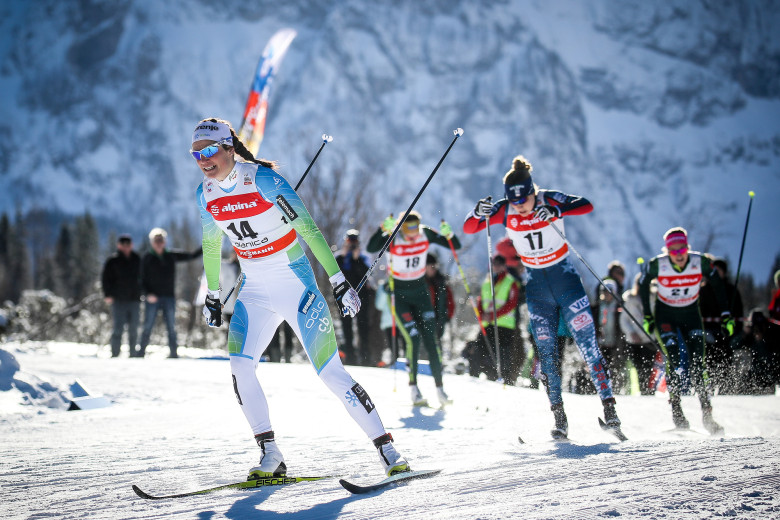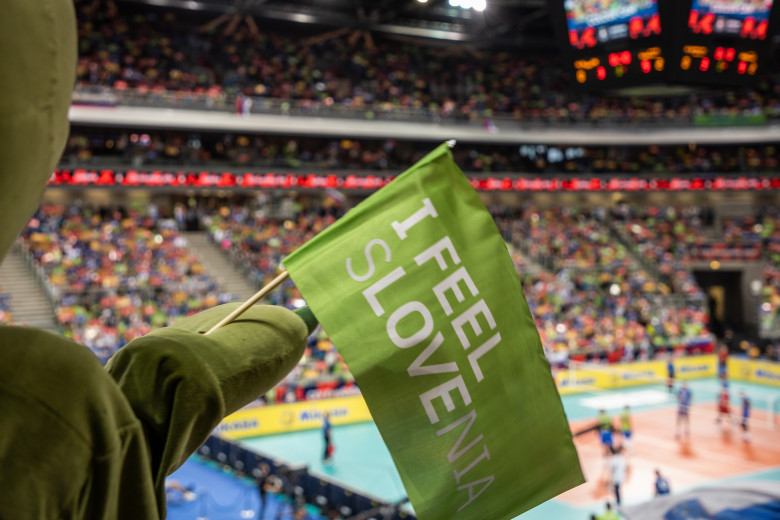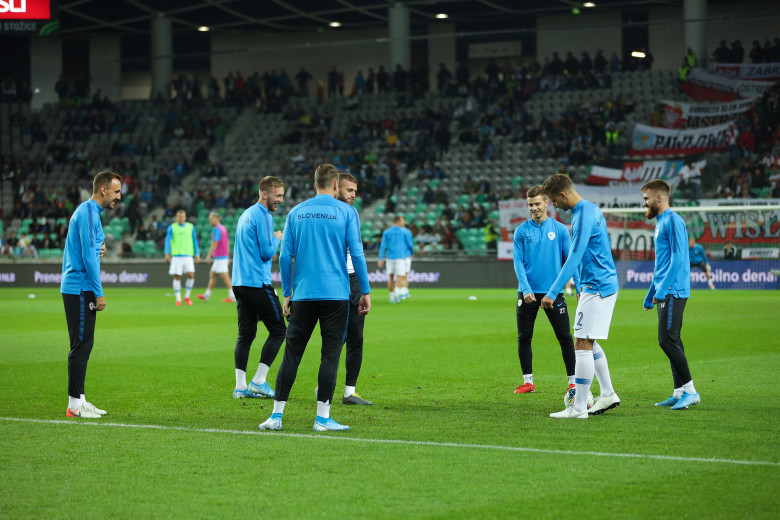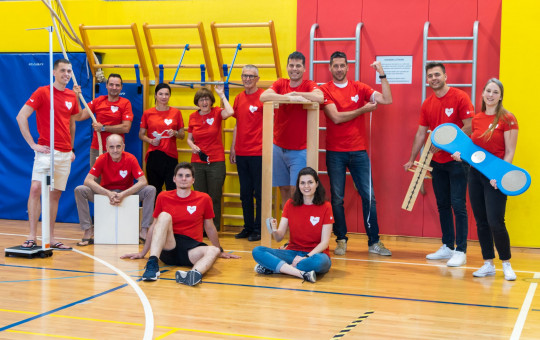Date: 19. December 2023
Time to read: 3 min
Sport psychology has long been a key element in the preparation and performance of sporting activities. It offers a wealth of knowledge on a systems approach to sport, emphasises the importance of the holistic functioning of athletes, and addresses key aspects such as relationships, mental health and providing a safe environment for learning useful skills.
This year's congress, organised on 14 and 15 December by the University of Ljubljana - Faculty of Sport, the Slovenian Psychologists' Association and the Section for Sport Psychology, also highlighted broader aspects of sport psychology. Foreign and national experts discussed how to provide a safe environment for athletes, so-called safeguarding, the mental health of athletes, the role of psychology in the environment of young athletes and its impact, and the role of parents in sport.
What did the speakers at the congress say?
Prof. Chris Harwood (Nottingham Trent University): Youth sport is a great opportunity for the psychological growth and development of young athletes if coaches and parents provide a positive and supportive environment.
Prof. Hafrún Kristjánsdótti (Reykjavík University): The characteristics of effective teams are trust, open discussion and shared responsibility. Multidisciplinary approaches in elite sport are of great importance for holistic athlete care, performance enhancement and personal development.
Dr. Boris Balent (Croatian Society of Sport Psychologists): In general, two types of mindsets can be distinguished: fixed and adaptive mindsets. In sport, mindset refers mainly to whether we attribute success to effort or talent. Athletes with a fixed mindset are less susceptible to criticism, trying to avoid challenges or situations in which they are not sure they will be successful. They are also more likely to give up after a failure and tend to make excuses when they fail. On the other hand, athletes with a resilient mindset perceive criticism as information that is useful for their long-term development. They are also more likely to take on new, uncertain situations because they see them as opportunities to learn and progress. Research has shown that a flexible mindset increases the likelihood of achievement. At the same time, they also confirm that mindsets can be influenced and changed.
Paul Wylleman (Belgijski OK): Raziskave so potrdile pomembno vlogo, ki jo imajo psihološki dejavniki za uspešen razvoj nadarjenosti in vrhunskih dosežkov, zato so identifikacija teh dejavnikov ter način njihovega razvoja in uporabe v ospredju pozornosti športnih psihologov.
Prof. Sidonio Serpa (Lisbon University): Elitni šport športnike potisne čez njihove fizične in psihološke meje. Nedavni primeri vrhunskih športnikov, kot sta Michael Phelps ali Simone Biles, kažejo, kako je lahko kontekst vrhunskega športa škodljiv za duševno zdravje športnikov, saj zahteve po uspešnosti običajno presegajo športnikove osebne vire, kar vodi v to, da je šport na elitni ravni velikokrat netrajnosten proces. Potrebna je redefiniciji perspektiv trenažno-tekmovalnih procesov. Po eni strani bi morali nadzorovati zahteve do športnikov, po drugi pa mora tudi sam proces priprave športnika opremiti z učinkovitimi in močnimi psihološkimi viri podpore. S tem ciljem bo predlagan model trajnostnega trenažnega procesa v športu.









